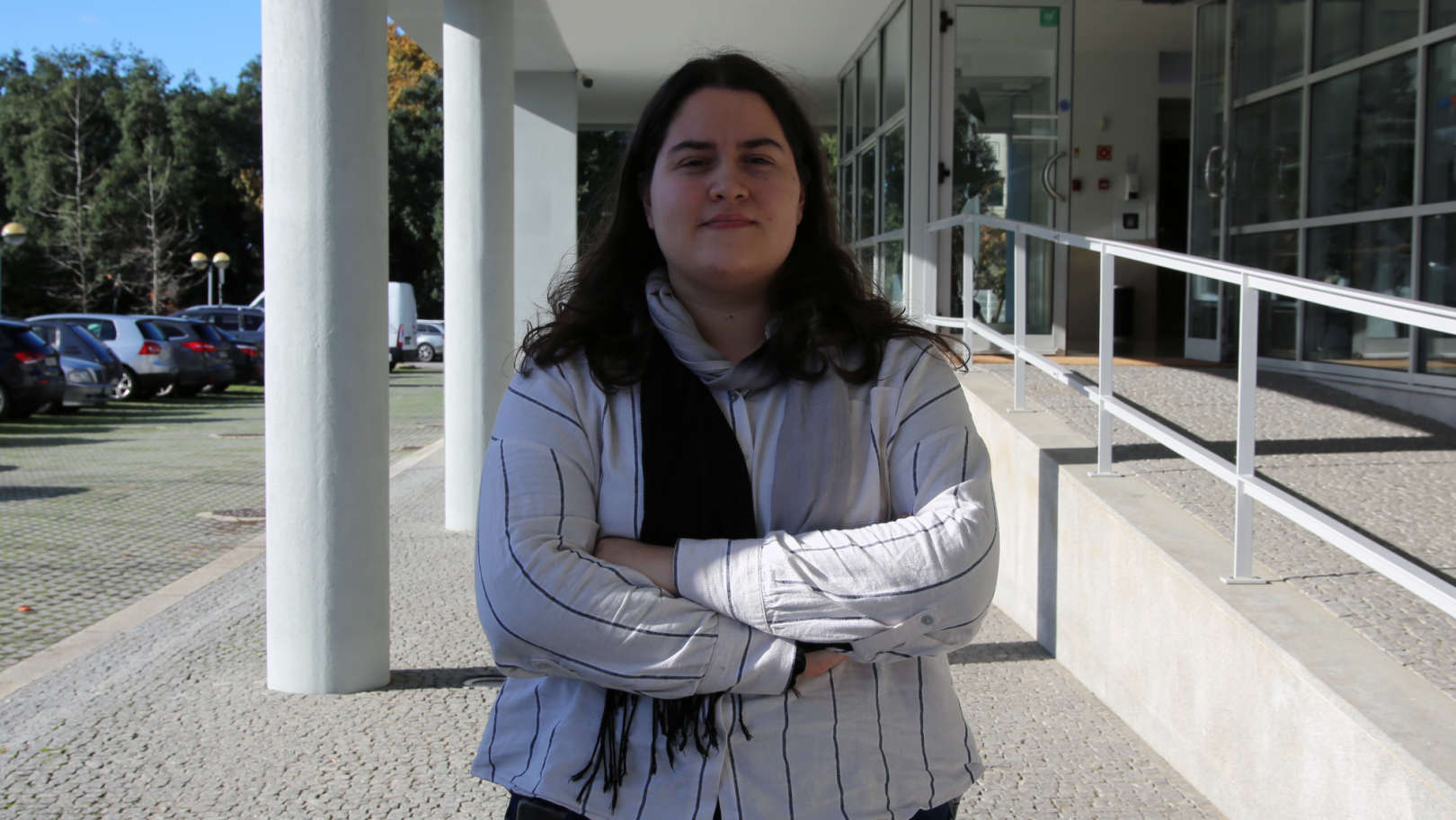Detalhes
Nome
Margarida Gonçalves GouveiaCargo
Assistente de InvestigaçãoDesde
14 abril 2021
Nacionalidade
PortugalCentro
Centro de Telecomunicações e MultimédiaContactos
+351222094000
margarida.g.gouveia@inesctec.pt

2025
Autores
Gouveia, M; Mendes, T; Rodrigues, EM; Oliveira, HP; Pereira, T;
Publicação
APPLIED SCIENCES-BASEL
Abstract
Lung cancer stands as the most prevalent and deadliest type of cancer, with adenocarcinoma being the most common subtype. Computed Tomography (CT) is widely used for detecting tumours and their phenotype characteristics, for an early and accurate diagnosis that impacts patient outcomes. Machine learning algorithms have already shown the potential to recognize patterns in CT scans to classify the cancer subtype. In this work, two distinct pipelines were employed to perform binary classification between adenocarcinoma and non-adenocarcinoma. Firstly, radiomic features were classified by Random Forest and eXtreme Gradient Boosting classifiers. Next, a deep learning approach, based on a Residual Neural Network and a Transformer-based architecture, was utilised. Both 2D and 3D CT data were initially explored, with the Lung-PET-CT-Dx dataset being employed for training and the NSCLC-Radiomics and NSCLC-Radiogenomics datasets used for external evaluation. Overall, the 3D models outperformed the 2D ones, with the best result being achieved by the Hybrid Vision Transformer, with an AUC of 0.869 and a balanced accuracy of 0.816 on the internal test set. However, a lack of generalization capability was observed across all models, with the performances decreasing on the external test sets, a limitation that should be studied and addressed in future work.
2025
Autores
Rodrigues, M; Gouveia, M; Oliveira, P; Pereira, T;
Publicação
IEEE Access
Abstract
Deep learning techniques have demonstrated significant potential in computer-assisted diagnosis based on medical imaging. However, their integration into clinical workflows remains limited, largely due to concerns about interpretability. To address this challenge, we propose Efficient-Proto-Caps, a lightweight and inherently interpretable model that combines capsule networks with prototype learning for lung nodule characterization. Additionally, an innovative Davies-Bouldin Index with multiple centroids per cluster is employed as a loss function to promote clustering of lung nodule visual attribute representations. When evaluated on the LIDC-IDRI dataset, the most widely recognized benchmark for lung cancer prediction, our model achieved an overall accuracy of 89.7 % in predicting lung nodule malignancy and associated visual attributes. This performance is statistically comparable to that of the baseline model, while utilizing a backbone with only approximately 2 % of the parameters of the baseline model’s backbone. State-of-the-art models achieved better performance in lung nodule malignancy prediction; however, our approach relies on multiclass malignancy predictions and provides a decision rationale aligned with globally accepted clinical guidelines. These results underscore the potential of our approach, as the integration of lightweight and less complex designs into accurate and inherently interpretable models represents a significant advancement toward more transparent and clinically viable computer-assisted diagnostic systems. Furthermore, these findings highlight the model’s potential for broader applicability, extending beyond medicine to other domains where final classifications are grounded in concept-based or example-based attributes. © 2013 IEEE.
2023
Autores
Gouveia, M; Castro, E; Rebelo, A; Cardoso, JS; Patrão, B;
Publicação
Proceedings of the 16th International Joint Conference on Biomedical Engineering Systems and Technologies, BIOSTEC 2023, Volume 4: BIOSIGNALS, Lisbon, Portugal, February 16-18, 2023.
Abstract
The access to the final selection minute is only available to applicants.
Please check the confirmation e-mail of your application to obtain the access code.

